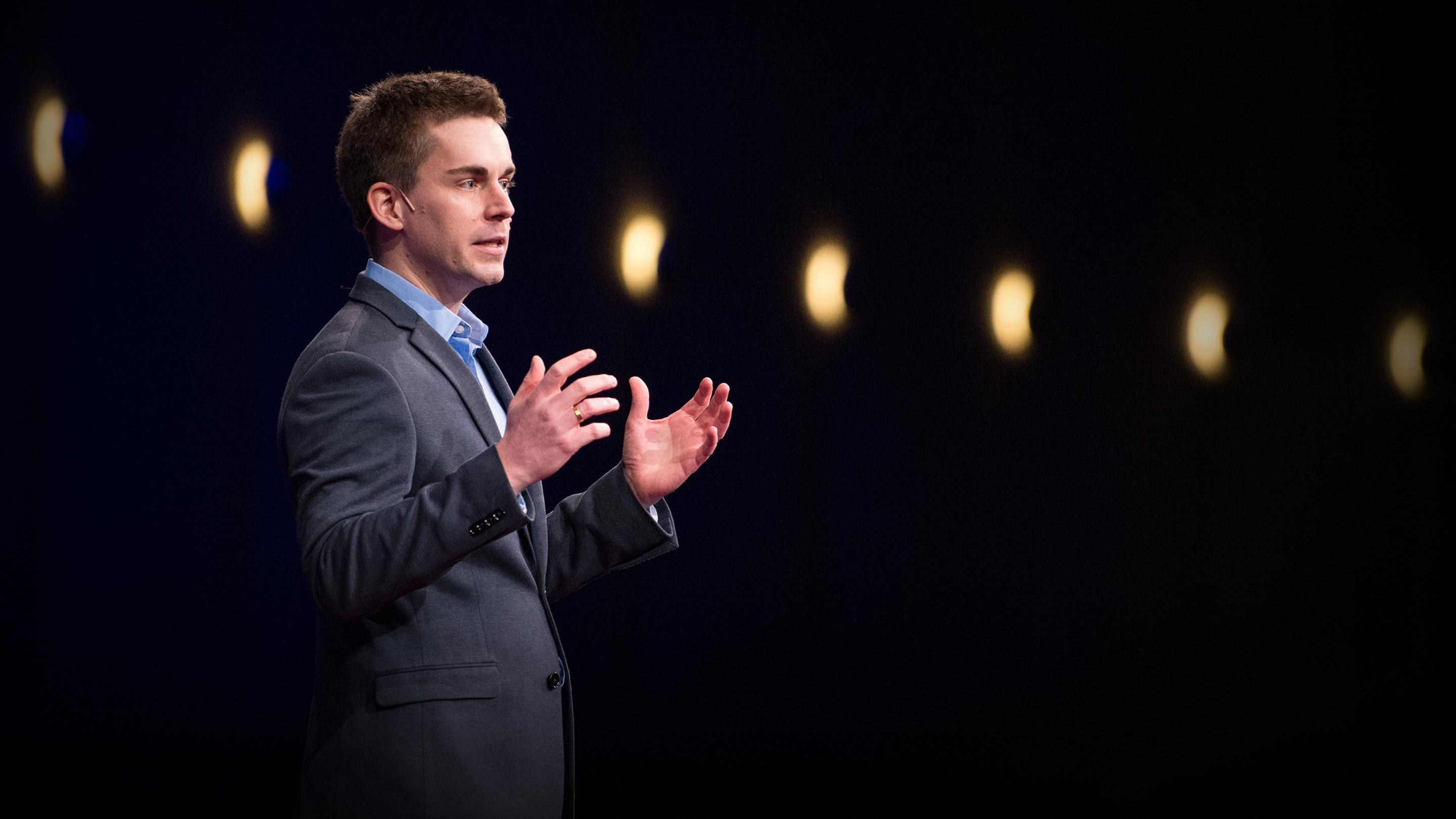Exploring the Impact of Peter L. Berger's "The Social Construction of Reality" on Modern Sociology
#### Introduction to Peter L. BergerPeter L. Berger is a prominent sociologist known for his influential work in the field of sociology, particularly throug……
#### Introduction to Peter L. Berger
Peter L. Berger is a prominent sociologist known for his influential work in the field of sociology, particularly through his groundbreaking book, "The Social Construction of Reality." Published in 1966, this work has shaped the understanding of how individuals and societies create and interpret their realities. Berger's theories emphasize that reality is not merely a fixed entity but rather a construct formed through social interactions and cultural contexts.
#### Understanding "The Social Construction of Reality"
In "The Social Construction of Reality," Berger, along with co-author Thomas Luckmann, argues that our perceptions of reality are shaped by social processes. They propose that knowledge and meaning are not inherent but constructed through language, communication, and shared experiences. This perspective challenges traditional views of objective reality, suggesting that what we perceive as "real" is influenced by societal norms, values, and interactions.
#### The Role of Language in Constructing Reality

Language plays a crucial role in Berger's theory. It serves as a medium through which individuals express and negotiate their realities. The words we use shape our thoughts and perceptions, influencing how we understand the world around us. For instance, the way different cultures describe concepts such as time, space, and relationships can lead to varied interpretations of reality. Berger emphasizes that language is not just a tool for communication but a fundamental component in the construction of social reality.
#### Social Institutions and Reality Construction
Berger also highlights the role of social institutions in shaping our understanding of reality. Institutions such as family, education, religion, and media contribute to the collective construction of knowledge and norms. For example, educational systems impart specific values and beliefs that influence how individuals perceive their roles in society. Similarly, religious institutions provide frameworks for understanding existential questions, thereby shaping individual and collective realities.
#### Implications for Modern Sociology

The insights from "The Social Construction of Reality" have far-reaching implications for modern sociology. Berger's work encourages sociologists to examine how social constructs influence individual behavior and societal trends. It invites researchers to question the taken-for-granted assumptions about reality and to explore the diverse ways in which different groups construct their understanding of the world.
Moreover, Berger's theories resonate in contemporary discussions about identity, culture, and power dynamics. In an era of globalization and digital communication, the construction of reality has become even more complex. Social media platforms, for instance, allow for the rapid dissemination of ideas and narratives, which can shape public perceptions and realities on a global scale.
#### Conclusion: The Enduring Legacy of Berger's Work
Peter L. Berger's "The Social Construction of Reality" remains a seminal text in sociology, prompting ongoing discussions about the nature of reality and the processes through which it is constructed. By challenging the notion of an objective reality, Berger invites us to critically examine the social forces that shape our perceptions and beliefs. As we navigate an increasingly interconnected world, his insights continue to offer valuable frameworks for understanding the complexities of human experience and social interaction.

In conclusion, Berger's work serves as a reminder that reality is not a static entity but a dynamic construct shaped by our social interactions, cultural contexts, and shared meanings. This perspective not only enriches our understanding of sociology but also empowers individuals to recognize their role in the ongoing construction of reality.